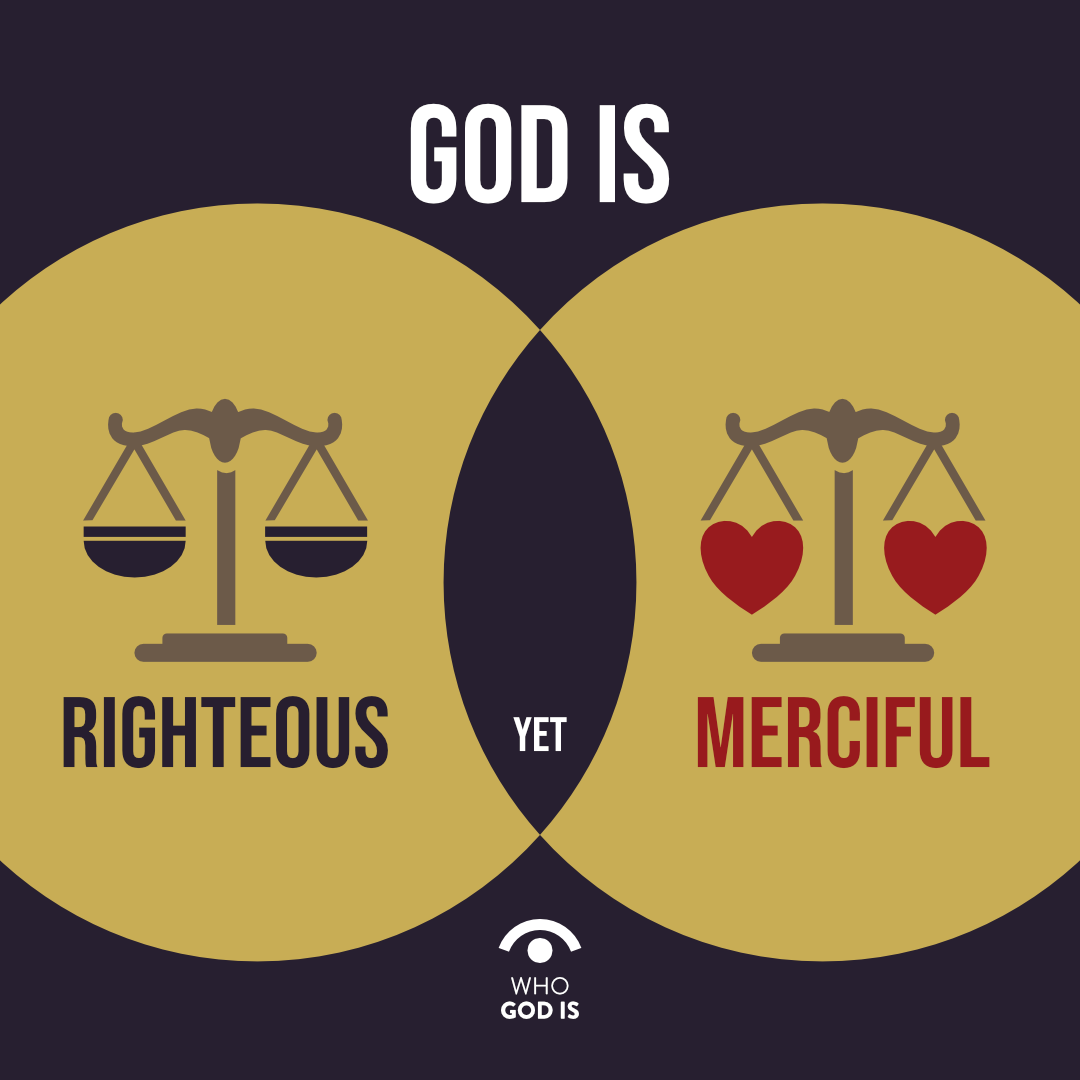KNOW 1 ThessaloniansSample


WHO GOD IS: Avenger of Wickedness & Rescuer of the Faithful
“Jesus, who rescues us from the wrath that is coming.” 1 Thessalonians 1:10
“God’s wrath has overtaken them at last.” 1 Thessalonians 2:16
Wrath can be a scary thing. It is not just an emotion of anger, but it is an extreme form of anger accompanied by terrifying actions. While some may see wrath as a sign of emotional immaturity, for others it may evoke a terrifying memory of a horrendous lived experience.
For this reason, many of us have a hard time associating wrath with God. We may want to distance ourselves from the “fire and brimstone” message of certain preachers, and instead draw people to God’s love, compassion, and mercy. However when we only focus on some of God’s characteristics, we do not get an accurate understanding of God. When we deliberately pick and adopt which characteristics we like, while rejecting those we do not, that is a form of idolatry.
Whether we like it or not: God has wrath. God’s wrath burns hot against that which runs contrary to His rule and character; things like rebellion (2 Kings 22:17), sin (Ezekiel 36:16-19), and injustice (Exodus 22:21-24). However, unlike what we may have experienced from others here on earth, God’s wrath is always righteous, just, and given in appropriate measure. God is not sitting in heaven smiting people on a whim, like a child with a magnifying glass burning ants in the hot sun (yes, that was me as a child). Psalm 103:7 tells us that God is “merciful and gracious, slow to anger and abounding in steadfast love.”
When we follow Jesus, we recognize that He is King. We relinquish our rights and no longer live by our own moral laws, but we now follow His authority, and live under His laws. As citizens of His kingdom, we are under His protection and will not face His wrath or judgment. As we continue to seek to grow in Him, we continue to experience His mercy, grace, and love.
About this Plan

This plan will explore what the letter of 1 Thessalonians teaches us in four major areas. 1) WHO GOD IS: God’s character and nature 2) WHO WE ARE: the identity of humanity and/or believers 3) WHAT WE BELIEVE: core Christian doctrines 4) HOW WE LIVE: putting faith into action
More
Related plans

21 Days of Fasting and Prayer - Heaven Come Down

Hear

Hard Fought Hallelujah: A 7-Day Study to Finding Faith in the Fight

Filled, Flourishing and Forward

I Don't Even Like Women

Building Multicultural Churches

The Otherness of God

The Wonder of Grace | Devotional for Adults

Talking to God: A Guilt Free Guide to Prayer
